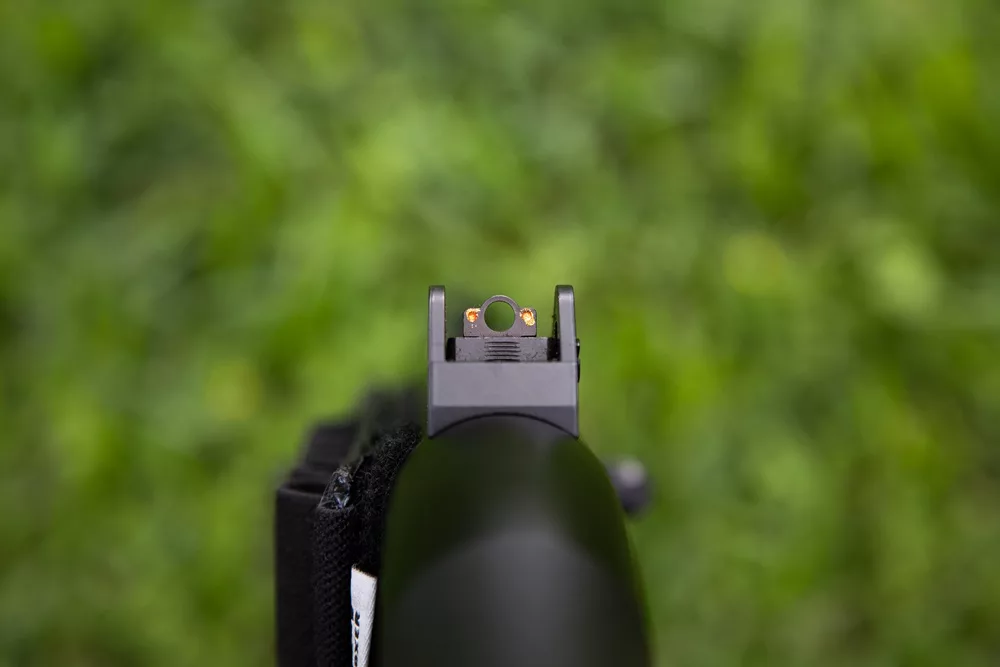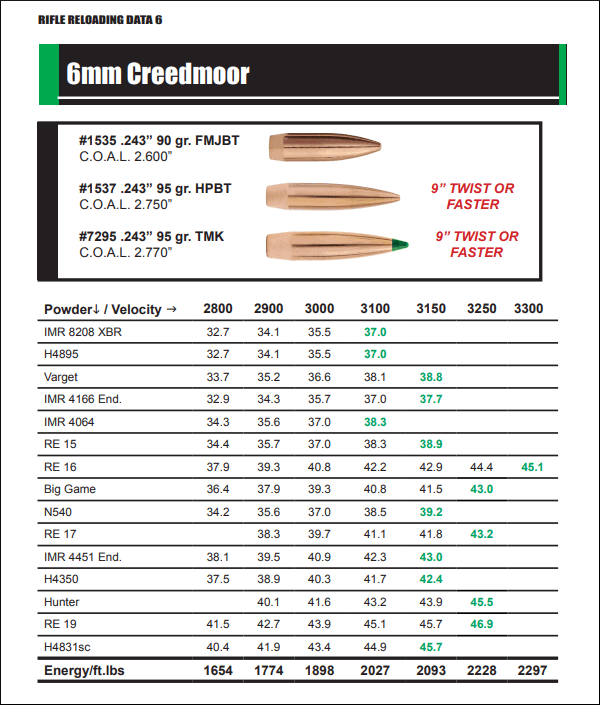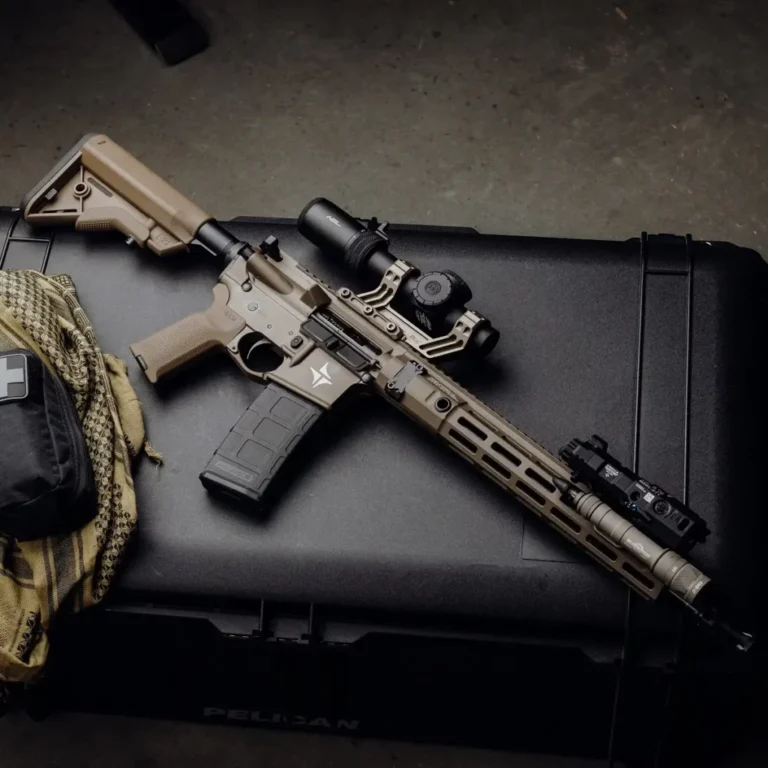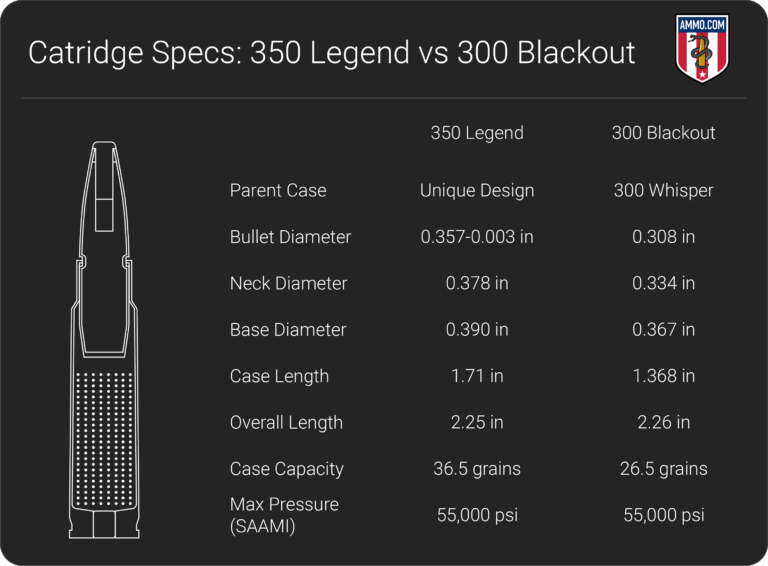How to Sight in a Shotgun: Expert Tips for Accuracy
To sight in a shotgun, you need accuracy and patience. This is crucial for hitting your target consistently.
Sighting in a shotgun is a vital skill for hunters and sport shooters. It ensures your aim is true and increases your shooting success. Many people overlook this step, but it can make a big difference. Understanding how to properly sight in your shotgun helps you become a more effective and confident shooter.
In this guide, we will break down the process into simple steps. Whether you are new to shooting or want to improve your skills, this information will be valuable. Let’s get started and make sure your shotgun is perfectly sighted in.
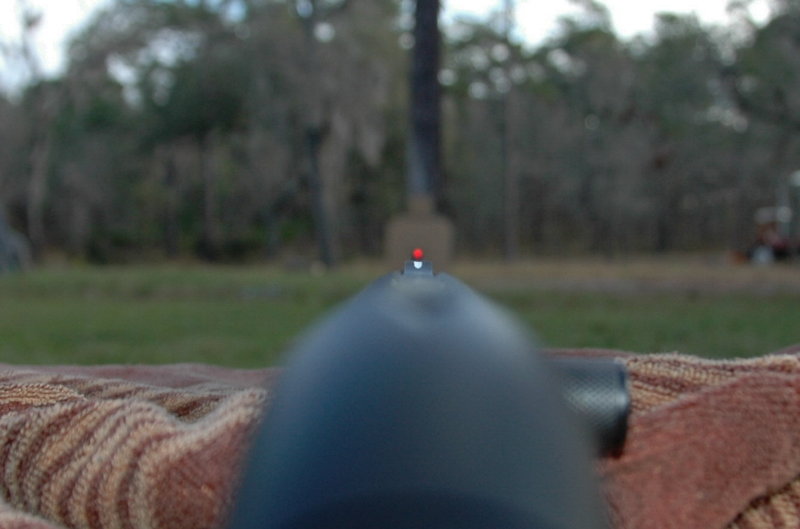
Credit: forums.brianenos.com
Choosing The Right Shotgun
Selecting the right shotgun is crucial for an accurate shot. A suitable shotgun enhances your performance and ensures a comfortable experience. Several factors play a role in choosing the perfect shotgun for sighting in.
Gauge And Barrel Length
The gauge of a shotgun refers to the size of its bore. Common gauges include 12, 16, and 20. A larger gauge means more power but also more recoil. Choose a gauge that matches your shooting needs and comfort level.
Barrel length impacts handling and accuracy. Shorter barrels are easier to maneuver but may sacrifice some accuracy. Longer barrels offer better precision but can be cumbersome. Select a barrel length that balances your accuracy and handling preferences.
Stock Fit And Comfort
The stock of a shotgun should fit your body comfortably. A well-fitted stock enhances control and reduces fatigue. Check the length of pull, drop at comb, and drop at heel.
Length of pull is the distance from the trigger to the end of the stock. Ensure it suits your arm length. Drop at comb and drop at heel affect sight alignment. Adjust these measurements for a natural and comfortable aiming position.
Comfort is key for a good shooting experience. A shotgun that feels right will improve your accuracy and enjoyment.

Credit: blog.primaryarms.com
Selecting The Right Ammunition
Choosing the right ammunition is crucial for sighting in your shotgun. The type and quality of your ammo can impact accuracy and performance. Understanding different types of shotgun shells and matching them to your needs is essential. Let’s explore these aspects in detail.
Types Of Shotgun Shells
Shotgun shells come in various types. Each type serves a unique purpose. Birdshot shells have small pellets. They are ideal for hunting birds. Buckshot shells have larger pellets. They are used for larger game or home defense. Slug shells contain a single projectile. They are used for big game hunting or long-range shooting.
Matching Ammo To Purpose
Match your ammo to the task at hand. For hunting small game, birdshot works best. It spreads out, covering a wider area. For home defense, consider buckshot. It provides a good balance of spread and stopping power. For hunting large game, use slugs. They offer precision and high impact.
Remember, the right ammunition can make a big difference. Choose wisely based on your specific needs.
Setting Up Your Shooting Range
Setting up your shooting range is crucial for sighting in your shotgun. A well-planned range ensures accuracy and safety. Follow these steps to create an effective shooting range.
Safety Precautions
Safety is the top priority in any shooting activity. Make sure to follow these safety precautions:
- Wear protective gear such as earplugs and safety glasses.
- Ensure the area is clear of people, pets, and obstacles.
- Use a sturdy backstop to catch stray shots.
- Clearly mark the shooting area with visible signs.
- Keep your finger off the trigger until ready to shoot.
Ideal Distance For Sighting
The ideal distance for sighting in your shotgun depends on its intended use:
| Purpose | Distance |
|---|---|
| Home Defense | 10-15 yards |
| Hunting | 25-50 yards |
| Sport Shooting | 50-100 yards |
Start with a closer distance and gradually move further back. Use a steady shooting bench or rest. This helps maintain consistency.
Make small adjustments to your sights or scope. Check your shot placement after each adjustment. Repeat until you achieve the desired accuracy.
Mounting The Sight
Mounting the sight on your shotgun is a crucial step. It ensures accuracy and enhances your shooting experience. Properly mounting the sight can make a huge difference. Let’s dive into the details of mounting the sight on your shotgun.
Types Of Sights
There are various types of sights available. Each has its unique benefits. The common types include:
- Iron Sights: Basic and reliable. No batteries needed.
- Red Dot Sights: Quick target acquisition. Ideal for fast-moving targets.
- Holographic Sights: Better for long-range shooting. Great for precision.
- Scope Sights: Magnification for distant targets. Useful for hunting.
Proper Alignment
Proper alignment of the sight is essential for accuracy. Follow these steps:
- Attach the Sight: Securely mount the sight on the rail. Use the correct screws.
- Level the Sight: Ensure it is level with the barrel. Use a bubble level.
- Adjust Elevation and Windage: Align the sight with the barrel. Use the adjustment knobs.
- Check the View: Look through the sight. Ensure a clear and unobstructed view.
Proper mounting and alignment can greatly improve your shooting accuracy. Take your time to do it right. Happy shooting!
Initial Bore Sighting
Getting your shotgun’s aim right starts with initial bore sighting. This process ensures your shotgun’s barrel is aligned. It saves time and ammo when sighting in your shotgun.
Bore Sighting Tools
You will need specific tools for bore sighting. Here are the most common ones:
- Bore Sighter: This device fits into the muzzle of your shotgun. It helps align your sight with the barrel.
- Laser Bore Sighter: A laser bore sighter projects a laser beam. This shows where the barrel is pointing.
- Vise or Gun Rest: This holds your shotgun steady. Stability is crucial for accurate sighting.
Step-by-step Process
- Set Up Your Shotgun: Place your shotgun on a steady surface. Use a vise or gun rest for stability.
- Insert Bore Sighter: Place the bore sighter into the barrel. Ensure it fits snugly.
- Align the Sight: Look through your shotgun’s sight. Adjust until the crosshairs are on the bore sighter’s target.
- Check the Laser: If using a laser bore sighter, turn it on. Adjust the sight until the laser aligns with your target.
- Fine-Tune Adjustments: Make small adjustments to ensure perfect alignment. Repeat until satisfied with the sight’s accuracy.
- Remove Bore Sighter: Carefully remove the bore sighter. Your shotgun is now ready for final sighting.
Following these steps ensures your shotgun is aligned. Remember, patience is key. Correct bore sighting leads to better shooting accuracy.
Fine-tuning Your Aim
Fine-tuning your aim is crucial for accurate shotgun shooting. This process involves small adjustments to ensure your aim aligns perfectly with your target. By making these adjustments, you can improve your accuracy and hit your targets more consistently. Let’s explore how to adjust windage and elevation, as well as some effective shooting techniques.
Adjusting Windage And Elevation
Windage refers to the horizontal adjustment of your shotgun’s sight. Elevation refers to the vertical adjustment. To adjust windage, move the rear sight left or right. This corrects for any left or right drift. For elevation, move the rear sight up or down. This corrects for any high or low shots. Make small adjustments and test-fire to check the impact. Repeat until your shots align with the target.
Shooting Techniques
Proper shooting techniques are essential for accurate aiming. Start with a firm grip on your shotgun. Keep your elbows slightly bent. Stand with your feet shoulder-width apart. Lean slightly forward to balance. Focus on your target and keep both eyes open. Squeeze the trigger smoothly, without jerking. Practice these techniques regularly to improve your aim and consistency.
Practicing Consistently
Practicing consistently is key to improving your shotgun skills. Regular practice helps you become more familiar with your shotgun. It builds muscle memory and improves accuracy. Consistency is the secret to becoming a better shooter.
Regular Practice Routines
Establishing regular practice routines is essential. Set aside specific times each week for practice. Stick to your schedule to build a habit. Consistent practice ensures steady improvement.
Here are some tips for creating effective practice routines:
- Short Sessions: Practice for 30 minutes to an hour. This keeps you focused and prevents burnout.
- Variety: Mix up your practice drills. Work on different shooting positions and distances.
- Goals: Set clear, achievable goals for each session. This keeps you motivated and tracks your progress.
Tracking Progress
Tracking progress is crucial for improvement. Keep a log of your practice sessions. Note your accuracy, shot placement, and any challenges.
Use this table to help you track your progress:
| Date | Drill | Accuracy | Notes |
|---|---|---|---|
| 10/01/2023 | Standing Shots | 80% | Focus on breathing control. |
| 10/03/2023 | Moving Targets | 70% | Work on tracking targets. |
Review your log regularly. Identify patterns and areas for improvement. Celebrate your successes and adjust your routines as needed.
Maintaining Your Shotgun
Maintaining your shotgun is crucial to ensure its longevity and reliability. A well-maintained shotgun will perform better, making your shooting experience more enjoyable. Follow these simple steps to keep your shotgun in top condition.
Cleaning And Lubrication
Regular cleaning is essential. Residue from fired shots can build up, affecting performance. Use a cleaning rod, patches, and a bore brush to clean the barrel. Here are the steps:
- Remove the barrel.
- Run a dry patch through the bore.
- Follow with a bore brush soaked in solvent.
- Run another dry patch to remove residue.
Lubrication is equally important. Apply a light coat of gun oil to the moving parts. Avoid over-lubrication, as this can attract dirt and debris. Use a microfiber cloth for this purpose.
Regular Inspections
Inspect your shotgun regularly. Look for signs of wear and damage. Check the stock, barrel, and action. Pay attention to the following:
- Cracks in the stock
- Rust or corrosion on the barrel
- Loose screws or fittings
Testing the action is also vital. Ensure it operates smoothly. If you find any issues, address them immediately. This will prevent further damage.
Maintaining your shotgun is not just about cleaning. It involves regular inspections and proper lubrication. Keep these practices in mind to ensure your shotgun remains in optimal condition.
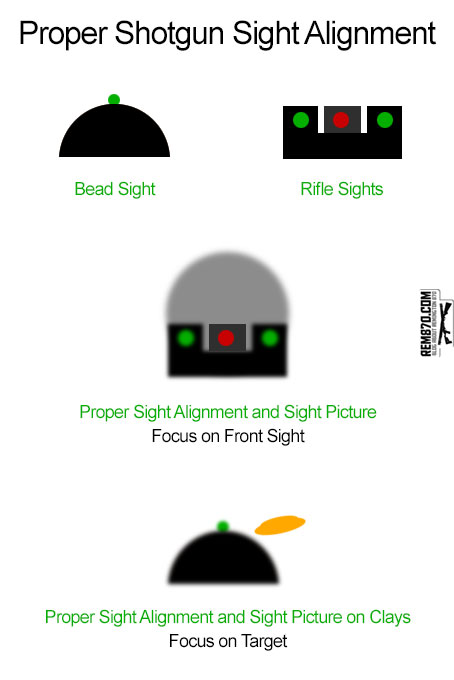
Credit: www.rem870.com
Frequently Asked Questions
How Do You Sight In A Shotgun?
To sight in a shotgun, start by setting up a target at 25 yards. Aim at the center and fire a few rounds. Adjust your sights or scope based on the shot pattern until you’re consistently hitting the target.
What Distance To Sight In A Shotgun?
Typically, sighting in a shotgun is done at 25 to 30 yards. This distance provides a good balance for accuracy and is suitable for most hunting and shooting scenarios.
What Is The Best Ammo For Sighting In A Shotgun?
Use the same type of ammo you plan to use in the field. This ensures that the sighting is accurate and effective for your specific needs.
Can You Use A Scope On A Shotgun?
Yes, you can use a scope on a shotgun. A scope can improve accuracy, especially for longer-range shooting or hunting. Ensure the scope is properly mounted and sighted in.
Conclusion
Getting your shotgun sighted in properly is key. It ensures accuracy and safety. Follow the steps patiently. Practice at the range. Adjust as needed. Confidence grows with each session. Remember, consistent practice makes perfect. Soon, you’ll hit your target every time.
Enjoy your shooting experience. Stay safe. Happy shooting!

